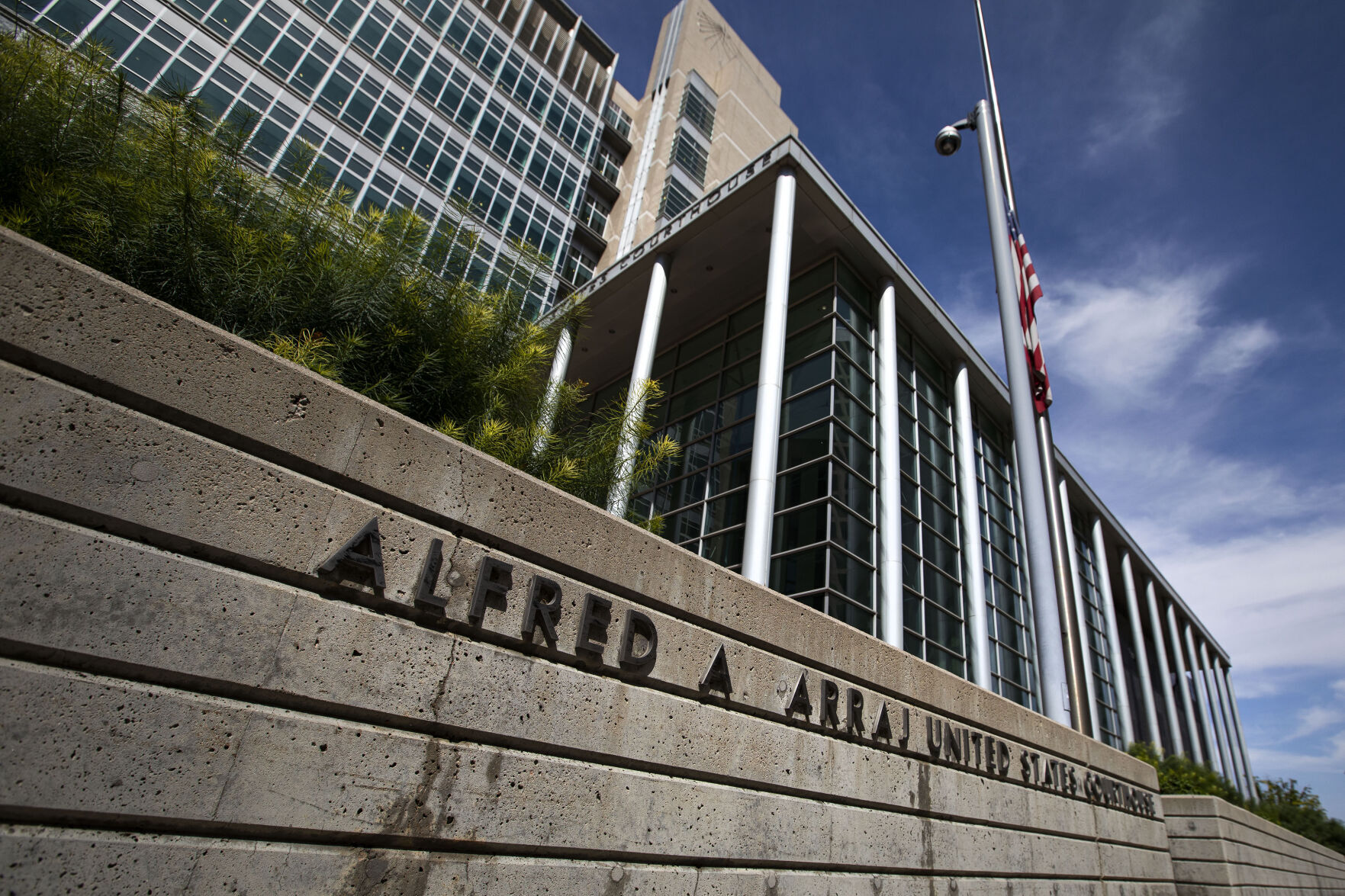Federal judge slams ‘endless’ conspiracy-laden lawsuit against court officials, city of Loveland

A federal judge last week threw out a lawsuit from a Colorado man alleging he was the victim of a conspiracy of judicial fraud and forgery, after his original efforts to baselessly extract $300 million from the city of Loveland were themselves deemed fraudulent.
Since 2021, Eyoel-Dawit Matios has insisted Loveland owes him hundreds of millions of dollars by nature of an agreement the city did not enter into and that originated from a company with a history of fraudulent arbitration awards. After multiple trial and appellate judges agreed Matios’ case was meritless, he then sued members of the judiciary and claimed their orders were forged or the product of bribery.
U.S. District Court Chief Judge William P. Johnson of New Mexico, who stepped in after the entire bench on Colorado’s federal trial court recused itself, concluded Matios’ latest allegations were not viable, unsubstantiated or otherwise sought to relitigate his invalid arbitration award.
“Despite his prior litigation seeking to confirm a fraudulent arbitration award (which ended in dismissal and sanctions), Plaintiff re-filed his case seeking resolution of the exact same issues against court staff, judges, and lawyers,” Johnson wrote in a March 1 order. “The endless litigation needs to stop.”
In a separate order, Johnson gave Matios 21 days to explain why he should not be barred from making future filings on the same subject without first obtaining legal representation or the U.S. District Court’s permission. Johnson based his directive on Matios’ history of “abusive civil proceedings.”
Matios, of Fort Collins, originally engaged Sitcomm Arbitration Association to resolve an alleged dispute with Loveland. Sitcomm’s founder, Brett “Eeon” Jones, awarded Matios $300 million after a hearing in which the city did not take part.
The arbitration contract sent to the city labeled the document as “self-executing” and “binding.” The city replied that it did not view Matios’ claims as valid. Matios subsequently asked the federal court to confirm Sitcomm’s award of $300 million to him.
U.S. Magistrate Judge N. Reid Neureiter, in a blistering analysis, referred to the arbitration documents as “non-sensical legal mumbo-jumbo” and an “abuse” of the judicial system.
“Mr. Matios’ instant attempt to enforce in federal court this non-existent arbitration ‘contract’ and the accompanying patently ridiculous $300 million arbitration award is fraudulent, an undue imposition on the City, and an extreme waste of judicial resources,” Neureiter wrote in 2021.
He noted the pattern of unfounded arbitration claims had connections to the antigovernment “sovereign citizen” movement. The Anti-Defamation League has described the purpose of fraudulent arbitration as intimidating and harassing targets and clogging the courts with meritless requests.
U.S. District Court Senior Judge William J. Martínez upheld Neureiter’s recommendation to dismiss the case on the grounds that no contract existed between Matios and Loveland. The U.S. Court of Appeals for the 10th Circuit subsequently determined federal courts did not have the ability to hear Matios’ case in the first place. Matios was then ordered to pay nearly $12,000 to Loveland for its attorney fees.
Matios filed another case, this time naming Neureiter, court clerk Jeffrey P. Colwell and 10th Circuit Judge Timothy M. Tymkovich as defendants, in addition to Loveland and its law firm. In Matios’ view, his prior case was improperly dismissed through a “fraudulent order likely written by” Loveland’s lawyers.
Previous decisions were “forged,” as allegedly evidenced by Martínez affixing his digital signature to his order. To determine whether Martínez “actually issued” the order, he would have to sit for a deposition, Matios maintained. Meanwhile, Loveland “did bribe” court personnel to file “fraudulent and/or forged orders.”
Johnson, in reviewing Matios’ latest allegations, concluded the judge defendants had immunity and Matios’ claims related to his fradulent arbitration award were barred by the prior decisions. However, Johnson also made clear that Matios’ repeated efforts to change the outcome cannot continue.
“Plaintiff has litigated — and re-litigated — in the district court(s) and the court of appeals the same allegations over and over again,” he wrote. “Plaintiff now ropes in — and wastes the time of — judges, a city, a law firm, and federal courts through vexatious and superficial allegations of a conspiracy between all the Defendants to deprive him of a self-proclaimed $300,000,000 arbitration award through alleged fraudulent court orders and bribes.”
Johnson dismissed Matios’ lawsuit with prejudice, meaning he is unable to refile his claims.
The case is Matios v. City of Loveland et al.













